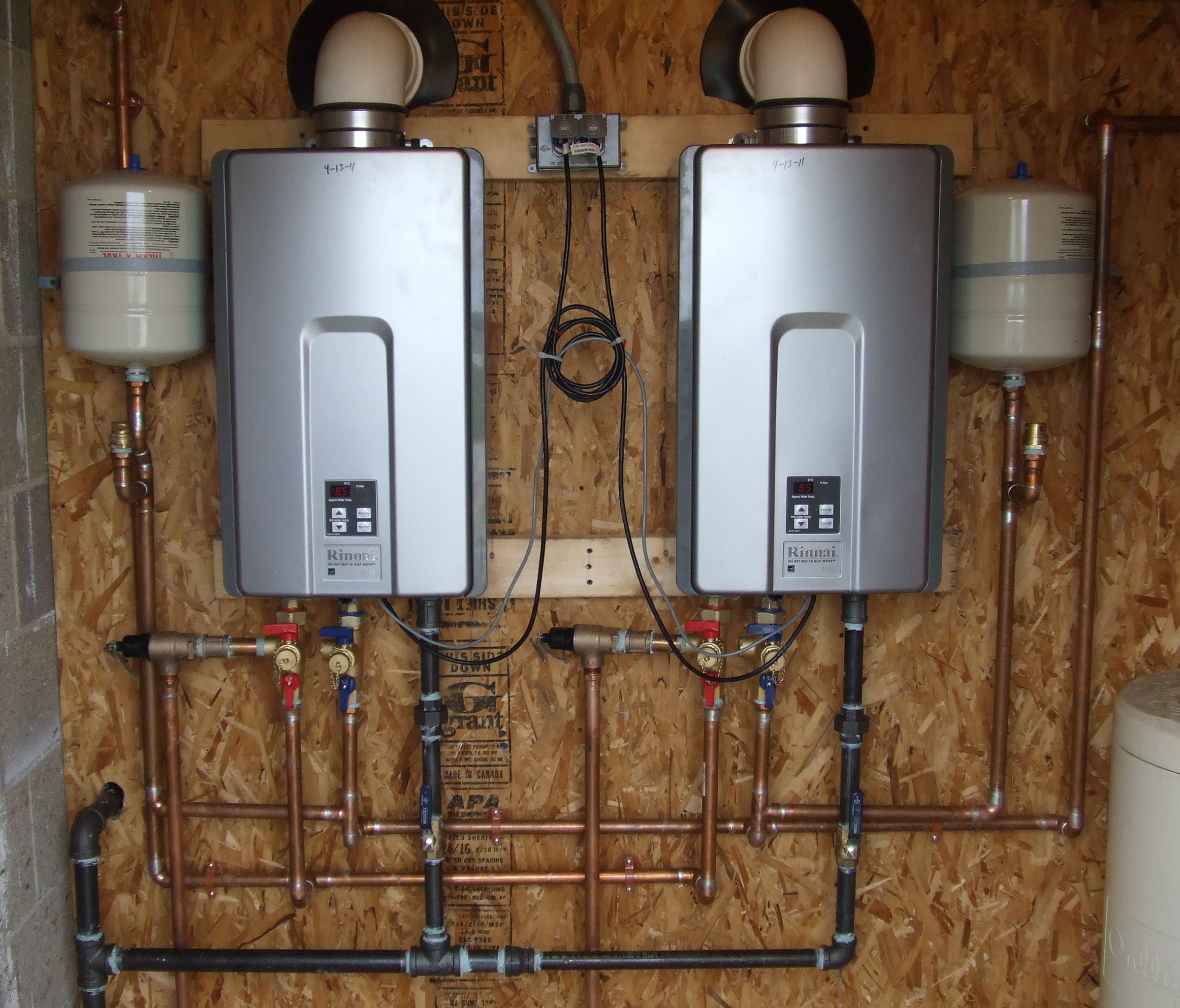The Comprehensive Guide to Water Heaters and Boilers
Water heaters and boilers are essential components of modern homes and buildings, providing hot water for various purposes and maintaining comfortable indoor temperatures. This comprehensive guide will explore the different types of water heaters and boilers, their functions, efficiency considerations, and maintenance tips to help you make informed decisions about these crucial systems.

-
Tankless water heaters: Also known as on-demand water heaters, these systems heat water directly as it flows through the unit. They are more energy-efficient than tank-based models but may have limitations on simultaneous hot water use in larger households.
-
Heat pump water heaters: These systems use electricity to move heat from the air or ground to heat water, rather than generating heat directly. They are highly energy-efficient but may have higher upfront costs and require specific installation conditions.
-
Solar water heaters: Utilizing solar panels to capture the sun’s energy, these systems can significantly reduce energy costs. However, they often require a backup heating method for cloudy days or high-demand periods.
How do boilers differ from water heaters?
While water heaters primarily focus on providing hot water for domestic use, boilers serve a dual purpose:
-
Space heating: Boilers heat water or create steam that is circulated through radiators or underfloor heating systems to warm indoor spaces.
-
Domestic hot water: Many modern boilers also provide hot water for taps and showers, eliminating the need for a separate water heater.
Boilers can be fueled by natural gas, oil, electricity, or even biomass. They are generally more complex systems than standard water heaters and are often integrated with a building’s overall heating, ventilation, and air conditioning (HVAC) system.
What factors should be considered when choosing a water heater or boiler?
Several key factors should guide your decision when selecting a water heater or boiler:
-
Fuel type and availability: Consider the availability and cost of different fuel sources in your area, such as natural gas, electricity, or oil.
-
Energy efficiency: Look for energy-efficient models with high Energy Factor (EF) ratings for water heaters or Annual Fuel Utilization Efficiency (AFUE) ratings for boilers.
-
Capacity and demand: Assess your household’s hot water needs and choose a system that can meet peak demand without wasting energy.
-
Space requirements: Consider the available installation space, especially when comparing tank-based and tankless options.
-
Climate: In colder regions, you may need a more powerful system to compensate for lower incoming water temperatures.
-
Initial cost vs. long-term savings: While more efficient systems may have higher upfront costs, they can lead to significant energy savings over time.
How can you improve the efficiency of your water heater or boiler?
Maximizing the efficiency of your water heating system can lead to significant energy and cost savings. Here are some strategies to consider:
-
Insulation: Properly insulate your water heater tank and hot water pipes to reduce heat loss.
-
Temperature settings: Lower the thermostat on your water heater to 120°F (49°C) to save energy while still providing sufficiently hot water.
-
Regular maintenance: Flush your water heater tank annually to remove sediment buildup, which can reduce efficiency.
-
Upgrade to high-efficiency models: When replacing your system, opt for energy-efficient models with the ENERGY STAR label.
-
Install low-flow fixtures: Use low-flow showerheads and faucet aerators to reduce hot water consumption without sacrificing performance.
-
Consider a recirculation system: For large homes, a hot water recirculation system can reduce water waste and improve convenience.
What maintenance is required for water heaters and boilers?
Proper maintenance is crucial for ensuring the longevity and efficiency of your water heater or boiler. Here are some essential maintenance tasks:
-
Annual inspections: Have a professional inspect your system yearly to identify and address potential issues.
-
Flushing: Regularly flush your water heater or boiler to remove sediment buildup, which can reduce efficiency and cause damage.
-
Checking pressure relief valves: Test these safety devices annually to ensure proper operation.
-
Monitoring for leaks: Regularly inspect your system and surrounding areas for signs of leaks or corrosion.
-
Replacing anodes: For tank-based water heaters, replace the anode rod every few years to prevent tank corrosion.
-
Cleaning burners and heat exchangers: For gas-fired systems, ensure these components are clean and functioning correctly.
By understanding the different types of water heaters and boilers, considering key factors in your selection process, and maintaining your system properly, you can ensure efficient and reliable hot water and heating for your home or building. Regular attention to your water heating system will not only improve its performance but also extend its lifespan, ultimately saving you money and reducing your environmental impact.






